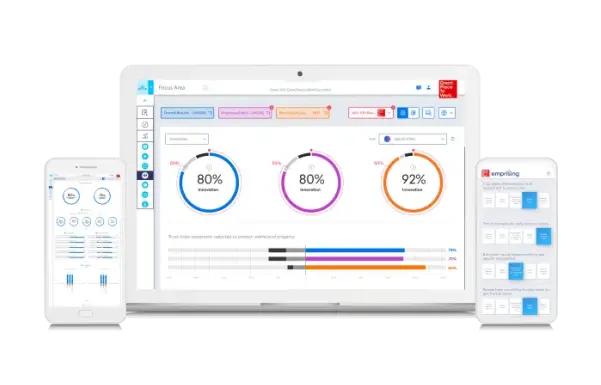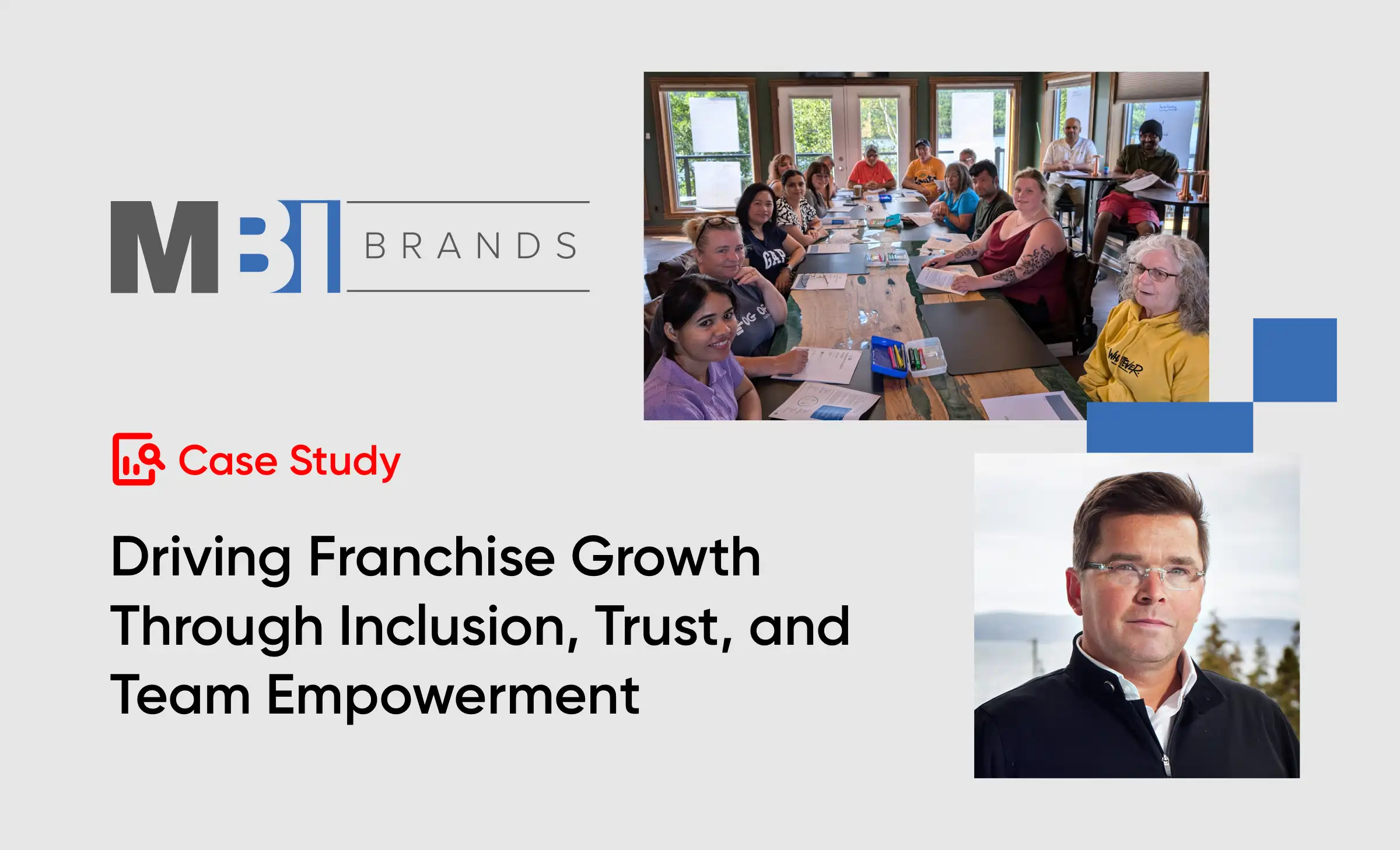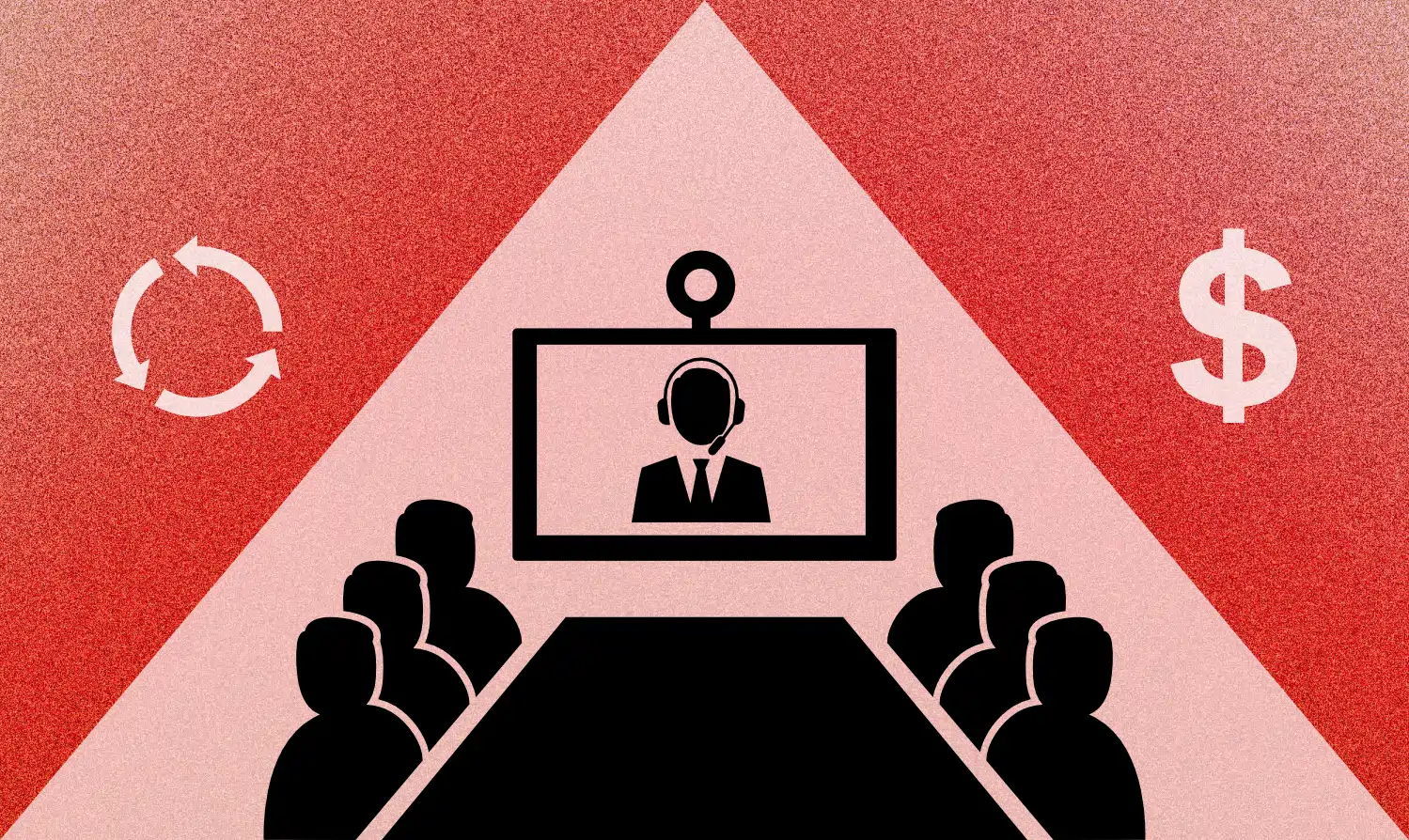
Great managers are constantly performing at a high level, and they do it by effectively balancing their responsibilities. Sometimes, they’re strategists who build great, detailed plans. Other times, they’re experts that show the team how it’s done. There are other times when they act as a psychologist, hacking human psychology and motivating team members for a final push on a project.
You can think of it like managerial whack-a-mole. You’re constantly switching the multiple hats you have at your disposal to get the best out of every single team member and the team as a whole. Switching hats effectively and knowing which is the right one, can be a challenge.
Follow these six tips to build a happier, more engaged, and more productive team:
Communicate Effectively
Frequent, clear and specific manager communication is what sets up employees for success. Therefore, managers should avoid irregular and vague communication with their employees. Managers who are able to communicate with clarity and conciseness are much better in avoiding confusion or misinformation in the workplace, creating a healthier work environment for all.
A good manager is easy to engage, approach and communicate with. The most effective manager communications are those that connect with and build strong relationships with the audience. The more personal, authentic and engaging conversation with your employees is, the more your employees will trust you and be more likely to join the conversation.
Give and Receive Feedback
No matter what we do or how well we do it, some criticism is eventually going to come our way. And those moments are often some of the toughest we all face in work and life. Hearing potentially negative things about yourself is probably not your favorite activity, and most of us would rather avoid the awkwardness that comes with telling someone else how they could improve.
When done in the right way and with the right intentions, feedback can lead to outstanding performance. Employees have to know what they are doing well and not so well. For them to really hear your thoughts and suggestions on ways to improve, though, that feedback has to be delivered carefully and frequently. Giving feedback is a skill. And like all skills, it takes practice to get it right.
Play to Your Teams’ Strengths
As a Manager, it’s important for you to realize what the team’s strengths are and play to them. If you have data-driven people who like to analyze things before making a decision, don’t make rash decisions. Take the time for everyone on the team to get comfortable with the decision.
This also extends to your individual team members. Put the right team members on the best opportunities. Don’t try to force a team member onto a project where you know they won’t do well. That will just lower their motivation and productivity. Instead, always keep in mind their personal and professional competencies and try to match them with the opportunities at hand.
If you have a great “firefighting” person—someone who makes decisions on the spot and handles stress like a boss—put that person on a volatile project where you can expect those skills to come in handy.
The same applies to a slow, analytical thinker. Put them on a project where they can take their time to analyze the situation at best and then make a decision.
Play on the strengths of your team and when in doubt, double down on them.
Provide Opportunities for Growth
As a Manager there are almost no situations where you need to micromanage. But it’s a trap that many managers fall into. To avoid micromanaging, you need to make a clear and distinct line that separates the things you absolutely must do on one side and things that others can do for you through delegation. To develop your team members and make leaders out of them, you need to provide them with opportunities to grow and lead. And you can do that by delegating tasks to them and trusting that they will do them properly.
That’s how you create leaders.
Be Flexible
Staying flexible is very important as a manager with your time usually spent doing three distinct things:
• Managing processes
• Managing people
• Managing expectations
You need to stay flexible and open-minded when it comes to these three distinct areas of work. You might be wondering why that is and the answer is innovation. If there’s an innovation in any field that leads to better outcomes for your organization, you need to spot it and use it in your team. Be flexible in your approach but rigorous in your determination for results. Your team members might just surprise you by finding a new way of doing things that you might never think of.
Be Empathetic
It’s no secret that it has been a difficult year for everyone. In tough times, managers need to lead with empathy as much as possible. With the transition to working from home (WFH), job insecurity, major changes and shifts in the business world, the one reliable person for the team member is their manager. With the best results coming from teams with the highest psychological safety and trust, leading with empathy becomes the ultimate priority for every manager.
Empathy is about two things:
• Listening
• Putting yourself in other person’s shoes
Sometimes, your team members just want to be heard. They don’t want you to give them solutions. They just need reassurance that someone heard their problems and insecurities, and that someone cares about them—not just the numbers they provide.
That’s how you build trust with your team members and provide psychological safety. And your team members will cherish that by being more productive and hitting goals because they will feel safe, heard, and respected on the team and they will “repay the favor” back to you.
The Bottom Line
Managing is a skill that can be learned. Every day, pick one of these 6 ways to improve your skills. Work on it. Then pick another one. You’ll be a better manager before you know it, and others will notice too.
About Great Place to Work®
Great Place to Work® is the Global Authority on Workplace Culture. We make it easy to survey your employees, uncover actionable insights and get recognized for your great company culture. Learn more about Great Place to Work Certification.






















